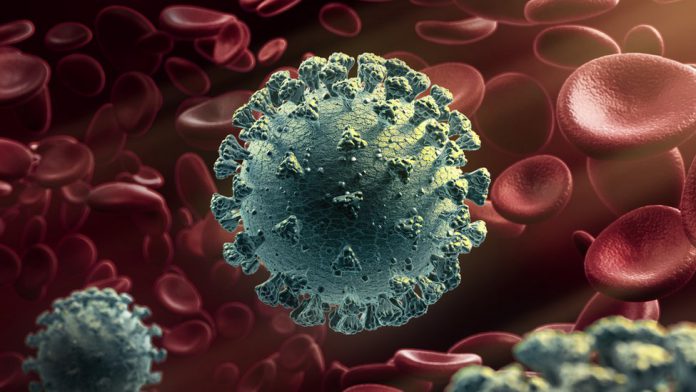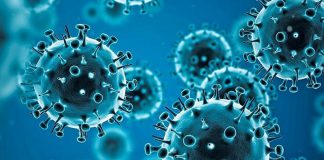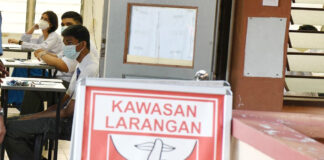SEOUL, Dec 2 — South Korea’s new COVID-19 cases and the number of critically ill patients hit record high Thursday, heightening concerns over medical capacity amid the spread of the coronavirus and continued surge in critical cases.
South Korea reported 5,266 new COVID-19 cases, including 5,242 local infections, raising the total caseload to 457,612, according to the Korea Disease Control and Prevention Agency (KDCA). It marked the second straight day that the number of new coronavirus cases has been above 5,000.
The country added 47 more deaths from COVID-19 on Thursday, raising the death toll to 3,705. The fatality rate stood at 0.81 percent, reported Yonhap news agency.
The number of critically ill patients reached an all-time high of 733 on Thursday.
On Wednesday, the number of new cases and serious cases breached the 5,000 mark and the 700 mark, respectively, for the first time since the country reported the first outbreak of COVID-19 early last year.
The emergence of the omicron variant has put a damper on South Korea’s efforts to return to normalcy with a gradual easing of virus restrictions under the “living with COVID-19” scheme that began last month.
The country had planned to further relax the virus curbs in mid-December after four weeks of the first phase.
On Monday, the government decided to put the scheme on hold, saying the pandemic risk level, a new five-tier assessment system it introduced last week to evaluate the degree of COVID-19 risk, has reached the highest level in the country’s capital area.
The government said it will speed up the administration of booster shots and secure more hospital beds over the next four weeks.
To block the inflow of the omicron variant, all international arrivals will be required to undergo mandatory quarantine for 10 days for the next two weeks starting Friday, regardless of whether they are vaccinated, the KDCA said.
South Korean citizens and foreigners on long-term stay will be allowed to quarantine at home, while foreigners on short-term stay will have to be quarantined at a temporary facility designated by the government.
Health authorities will also test all foreign arrivals for the new virus strain if they test positive for COVID-19.
















